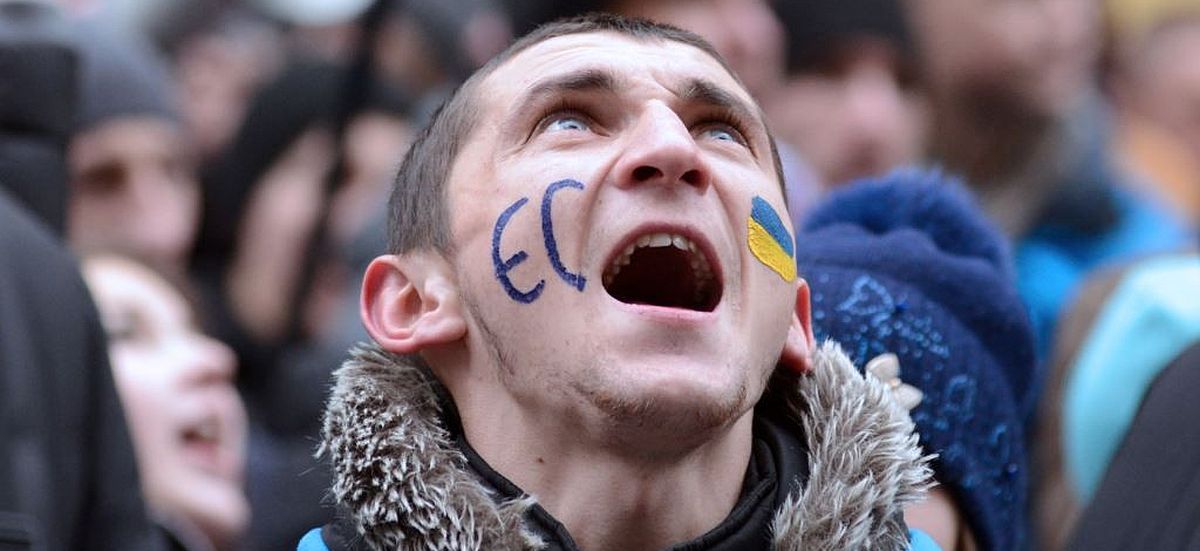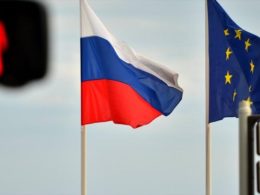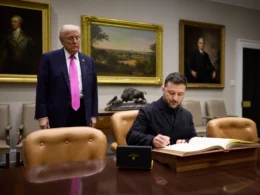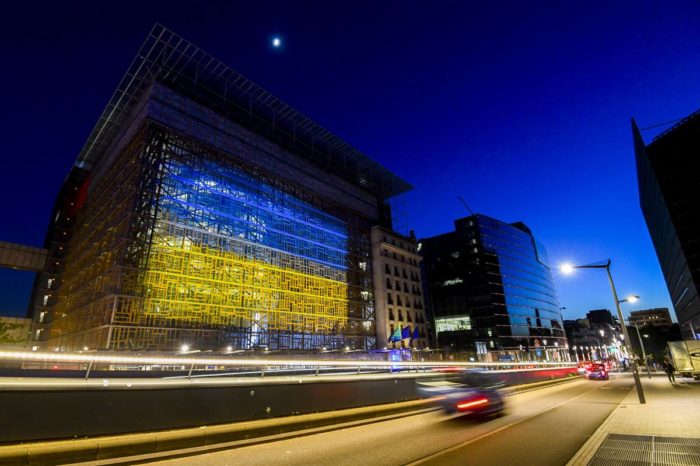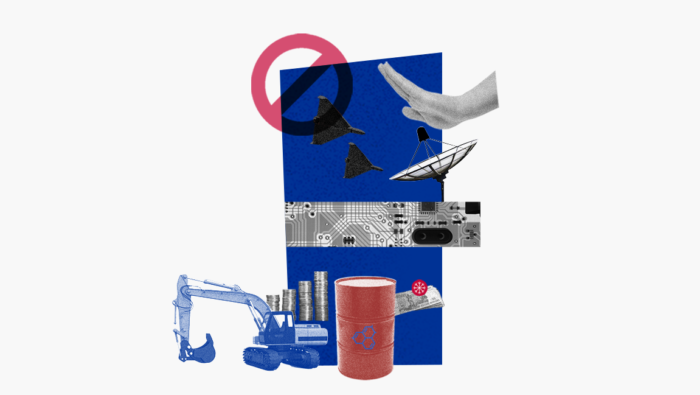The European Commission has recommended initiating formal negotiations for Ukraine's accession to the European Union. However, the start date for official talks is yet to be determined. Kyiv must first fulfill Brussels' recommendations, which were approved after Ukraine was granted candidate status for EU membership. President Volodymyr Zelenskyy submitted the membership application immediately following the onset of the Russian invasion in February 2022. In June 2022, Ukraine obtained candidate status.
“The Ukrainian government and Parliament demonstrated resolve in making substantial progress on meeting the 7 steps required for negotiations to open,” the EU Commission said in a statement.
The European Commission plans to release its next report in March 2024. Kyiv expects negotiations to start then.
“Ukrainians are deeply reforming their country and preparing for accession, even as they are fighting an existential war,” wrote President of the EU Commission, Ursula von der Leyen on Twitter/X.
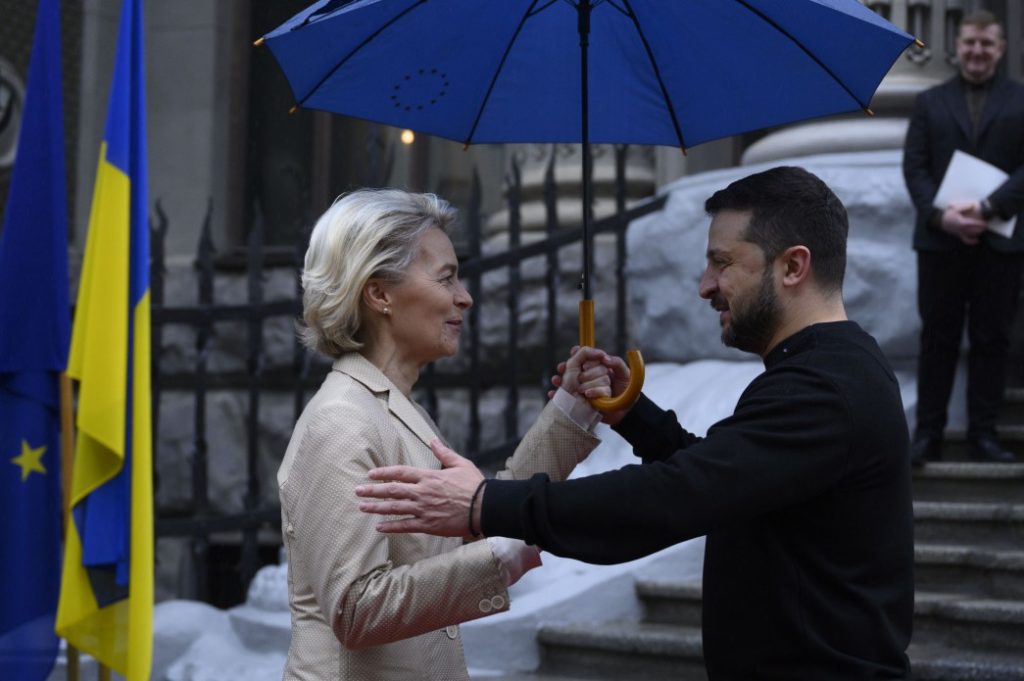
On 4 November, Ursula von der Leyen visited Kyiv and announced that Ukraine had fulfilled 90% of the prerequisites necessary to initiate negotiations. These requirements included:
- implementing legislation on a selection procedure for judges of the Constitutional Court of Ukraine;
- finalizing the integrity vetting of the candidates for the High Council of Justice members and the High Qualification Commission of Judges of Ukraine;
- strengthening the fight against corruption; appointing a new head of the Specialized Anti-Corruption Prosecutor's Office (SAPO) and a new Director of the National Anti-Corruption Bureau of Ukraine (NABU);
- ensuring that anti-money laundering legislation complies with the standards of the Financial Action Task Force (FATF); adopting a strategic plan for the reform of the entire law enforcement sector;
- implementing the Anti-Oligarch law;
- adopting a media law;
- finalizing the reform of the legal framework for national minorities.
Ukraine's to-do list: responding to EU Commission's recommendations
In September 2023, Ukrainian Prime Minister Denys Shmyhal stated that Kyiv had implemented all of the EU's recommendations. In particular, the reform of the Constitutional Court began, the High Council of Justice and the High Qualification Commission of Judges were rebooted, and new heads of the NABU and SAPO were selected through open competitions.
"In addition, the government conducted a so-called self-screening. We analyzed 28 thousand EU legal acts to check their implementation into Ukraine's legal framework. I sincerely thank everyone who carried out this enormous work in such a short time," Shmyhal stated.
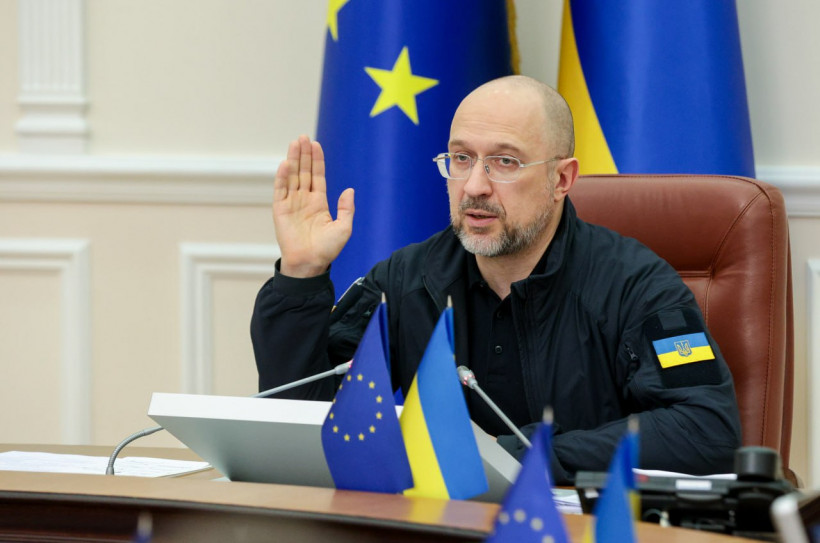
Today, the EU Commission's 150-page report highlighted Ukraine's progress in fulfilling four out of seven criteria. However, there remain three areas that require further attention:
- legislation related to national minorities;
- anti-corruption measures;
- lobbying regulations to meet European standards, as part of its “Anti-Oligarch action plan.”
Additional steps should include increasing staffing levels at NABU, SAPO, and High Anti-Corruption Court judges to handle growing workloads. Ukraine must safeguard SAPO from potential interference by enhancing leadership selection procedures, bolstering organizational autonomy, and refining accountability.
Ukraine should also continue digitizing the judiciary to improve transparency, efficiency, and access to justice — and reform enforcement of court decisions, including European Court of Human Rights rulings.
Regarding the rights of national minorities, Ukraine should address recommendations from the Venice Commission and its follow-up opinion.

Ukraine is expected to address these issues by the time of the following EU Commission report in March 2024.
Brussels has also acknowledged Ukraine's significant progress in constitutional reform, judicial reform, the selection process for the High Council of Justice, anti-corruption efforts, and combating money laundering.
"Important steps were taken to limit the influence of oligarchs on public life, a new media law was passed, and progress was made regarding national minorities. The remaining reforms are being implemented, which is positive," said Ursula von der Leyen.
Ukrainian President Volodymyr Zelenskyy hailed the EU Commission report as "historic" and emphasized the significance of the day.
"Our country must be in the European Union. Ukrainians deserve it both for their defense of European values and for the fact that even in times of full-scale war, we keep our word," he said.
Meanwhile, Deputy Prime Minister for European and Euro-Atlantic Integration of Ukraine, Olha Stefanishyna, stated that the duration of Ukraine's accession negotiations with the EU will depend, in part, on the new European leadership to be determined after the 2024 European Parliament elections.
"A lot depends on the specific agreements with member states and understanding that next year there will be elections in European institutions. That means there will be a complete reboot of the leadership in the institutions," noted Stefanishyna.

The commission's report is a recommendation to the European Council - the body that brings together the leaders of all 27 EU member states, which will make the final decision in December on whether to open accession talks with Ukraine.
Upcoming December EU summit: what to expect
This summit of the European Union is scheduled in Brussels for 14-15 December 2023. Enlargement is a key topic, with negotiations on Ukraine's accession contingent on unanimous EU leader support. Hungary is seen as the primary potential obstacle, given PM Viktor Orban's past handshake with Putin and reluctance on military aid.
Trending Now
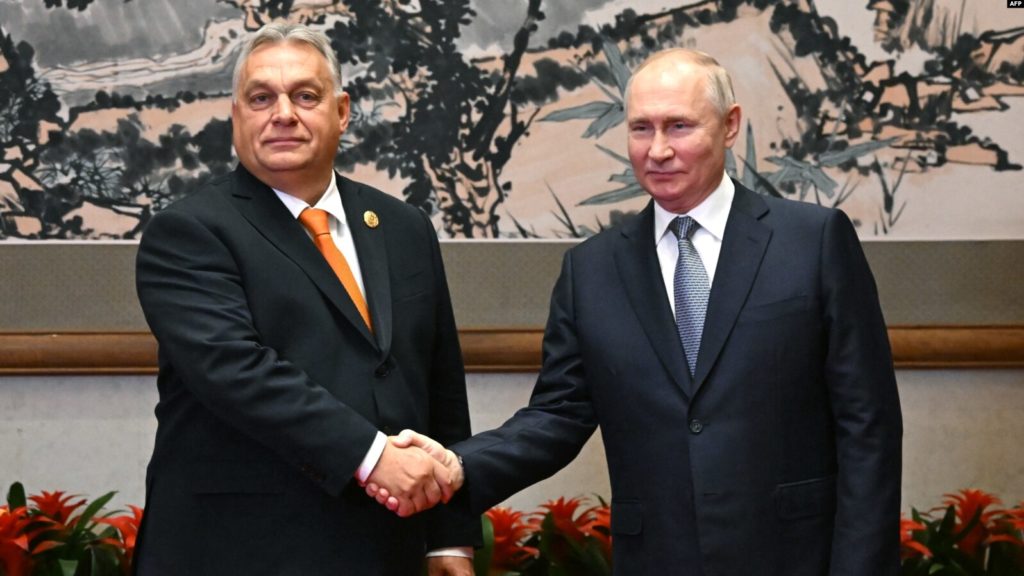
European diplomats anticipate a tough debate in December, and approval for talks is expected to hinge on additional reform efforts.
"It's clear that the debate will be intense and challenging. Otherwise, we would already have a compromise in place. I am optimistic that we can reach one. The challenge is that this won't be the end of the road," a senior European diplomat said to AFP.
If EU leaders decide to initiate negotiations, the European Commission can begin technical preparations for the accession process while Ukraine continues its pending reforms. This process typically takes about a decade, but current circumstances are far from normal.
As reported by Ukrainska pravda, Ukraine's path to EU accession may be expedited, thanks to a new streamlined procedure developed in Brussels.
Traditionally, the EU's accession process involved a meticulous approval process for the "negotiating framework" by all member states before actual negotiations could begin. However, recognizing Ukraine's unique situation after Russia's invasion, the European Commission has introduced a more flexible parallel approach.
Instead of waiting for final negotiating framework approval, the Commission plans to initiate intermediate preparatory steps in December 2023 after a political endorsement for negotiations at the EU leaders' summit. These steps include launching legislative screening to assess the alignment of Ukraine's laws with EU standards and preparing the negotiating framework document through consultations with Ukraine.
While Ukraine seeks membership in both the EU and NATO, it's important to note that the EU lacks a collective defense pact. However, joining the EU would help protect Ukraine from further Russian aggression.
"We need to make it very clear that Ukraine belongs in Europe. It is not in the Russian orbit, it is firmly anchored in the West. And for that to happen, we need to start accession negotiations," Michael Gahler, a German MEP from the Christian Democrats, told the BBC.

Moldova and Georgia on the EU Horizon
The European Commission also recommended initiating accession negotiations with Moldova, although with certain conditions. The country must make advancements in selecting vetted Supreme Court justices, appoint a new prosecutor general, allocate adequate resources to anti-corruption institutions, and implement regulations governing cash payments and financial flows.

Furthermore, the Commission also recommended that member states grant Georgia the status of a candidate country, with the condition that it enacts more than half a dozen actions ranging from fighting disinformation to completing judicial and parliamentary oversight reforms, addressing political polarization and improving the protection of human rights.
Georgia’s government has earned EU criticism for tightening control over the judiciary and failing to protect LGBTQ rights, and earlier this year risked a breakdown in relations with a much criticized law on “foreign agents” that led to violent clashes with protesters before it was dropped.
Ukraine's long road to EU: a landmark step amidst uncertainty
Ukraine's aspirations to join the EU have spanned over a decade, marked by significant events. In late 2013, then-President Viktor Yanukovych's choice to abandon an EU trade deal in favor of Russia triggered mass street protests and led to his removal from office. Subsequently, in March 2014, Russia illegally annexed Crimea. The formal inclusion of EU and NATO membership aspirations in Ukraine's constitution dates back to 2019.
"The protests on Maidan started ten years ago. The Maidan protests, where people were shot because they wrapped themselves in a European flag. And now, ten years later, today is a historic day because today the Commission recommends that the Council opens accession negotiations with Ukraine,” stated Ursula von der Leyen.
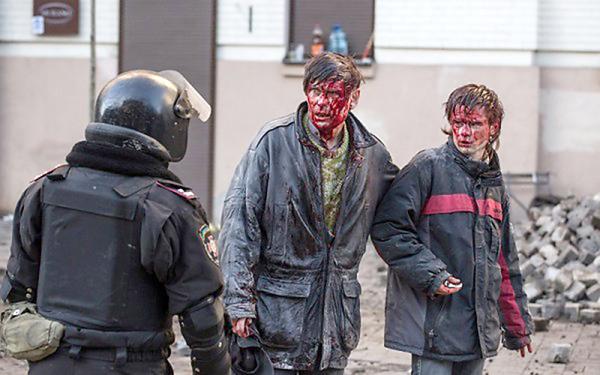
The EU's signal of its political readiness to formally commence accession talks represents a significant milestone for Ukraine. Nevertheless, it is just one step along a long journey toward EU membership. Consequently, experts caution that the process may span up to a decade, and the political landscape for Ukraine and Europe at that point remains uncertain.
On one hand, Ukraine presents greater challenges for EU enlargement than any prior case. It is the most heavily mined country globally, flooded with weaponry, and approximately 18% of its territory is currently under Russian control.
On the other hand, European nations now are in systemic conflict with an aggressive Russia, and the rest of the world is closely observing. Deterring Ukraine would thus be a geopolitical catastrophe.
Read more:
- Breaking: EU recommends opening talks with Ukraine on accession to bloc
- President of European Commission calls for EU enlargement
- Majority of Europeans favor Ukraine's EU membership, less dependency on Russian energy, and arms support
- We will not allow Russia to destroy the European way of life - Zelenskyy to European Parliament

